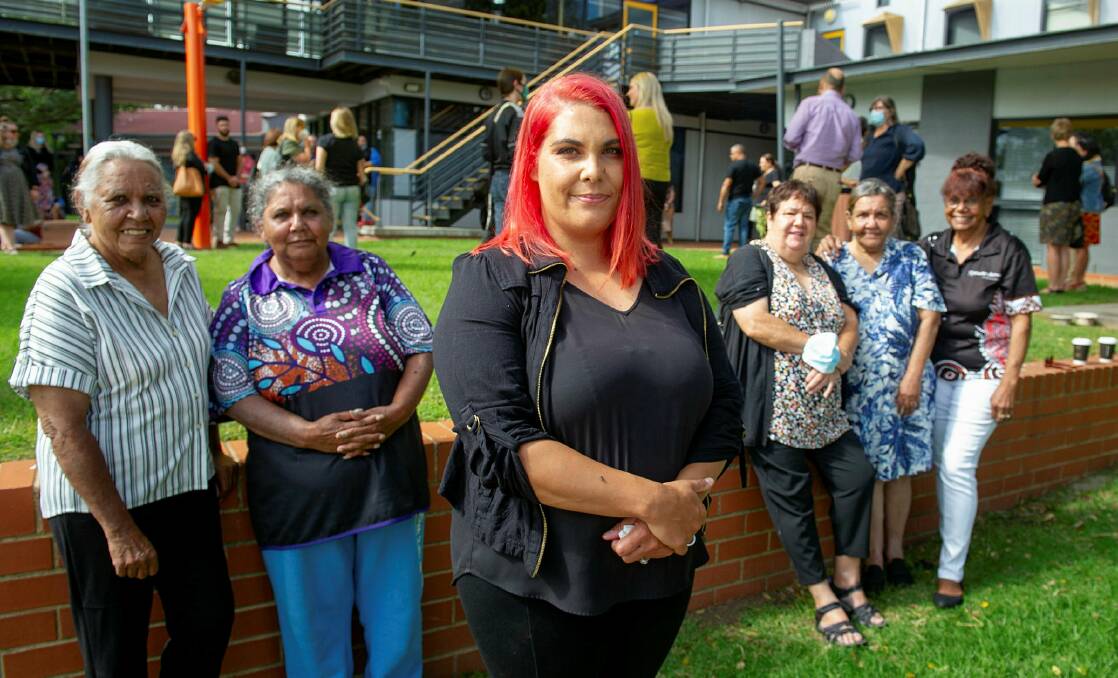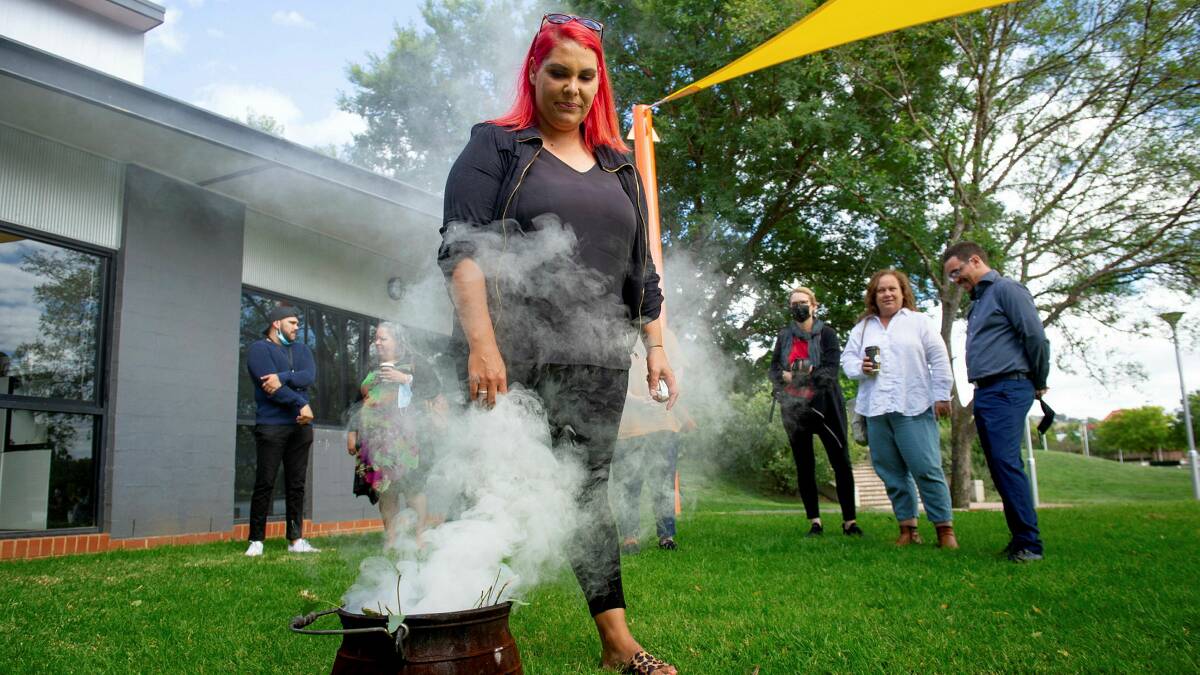
Rachelle Kelly-Church finds February 13 a significant day for her, her family and her community.
"My mother was part of the stolen generation. In 1964 she was taken from her family in Wilcannia, NSW and adopted in Sydney," she said.
Rachelle is the senior program manager of the ACT Council of Social Services' Gulanga Program, which provides non-profit organisations and governments with advice on cultural safety and responsiveness.
Today marks 14 years since former prime minister Kevin Rudd delivered a national apology to the stolen generations of Aboriginal and Torres Strait Islander peoples.
In 2008 he apologised to those who were removed and displaced from their families and communities.
"I always acknowledge my mother and respect her journey," Ms Kelly-Church said.
"Unfortunately, she passed away in 2004, before the apology occurred. So even having an apology was really special for me and my family."
She said remembering the government apologised was important but more action needed to be taken to change the current alarming rates of Aboriginal and Torres Strait Islander children in care.
"Fourteen years later, they're talking about designing programs and listening to the Aboriginal community here on what we think we need to reduce the numbers in care," she said.
"It's taken 14 years for that to happen."
"So that is not good enough, more needs to be done."
"We need to resource community-controlled organisations properly and we need to let them take the lead in this situation."
She said the government needed to do better in listening to communities and "actually put their money where their mouth is".
"We don't want to be the angry black people all the time. I think that's the way that we are often portrayed and it's not the case. We're just hurting and we want to be hopeful that things will be different," Ms Kelly-Church said.

The ACT has some of the worst rates of Aboriginal and Torres Strait Islander children in care with high rates of 69.9 per 1000 children on long-term guardianship, custody or third-party parental responsibility orders, according the the 2021 Family Matters Report.
ACTCOSS chief executive Dr Emma Campbell said: "Sometimes in the ACT we think we're doing pretty well. We're a progressive bunch of people, we'd like to think we are and yet in the ACT, Aboriginal and or Torres Strait Islander children are 13 times more likely to be in and out of care than non-Indigenous children."
She also acknowledged anniversaries like these "provide us all with a moment to stop and contemplate and think about what role we can play in transforming the the apology from mere words to real actions".
This year also marks 20 years of the ACT Nannies group, which was established by Relationships Australia Canberra counsellor Glyniss Church as a young mothers' group, the majority of whom are now elders in the community and were part of the stolen generations.
"The nannies are called upon to provide valuable advice and guidance to many organisations and government departments," Ms Kelly-Church said.
The group receives no government funding but is instead supported by Coolamon Advisors, YWCA Lanyon Youth and Community Services, Burrunju Aboriginal Corporation, Yeddung Murra and ACTCOSS.







